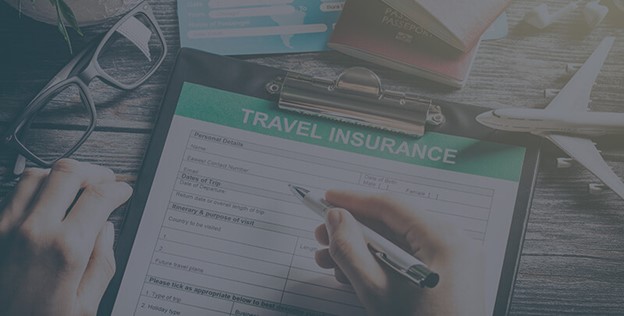
Here Are 6 Credit Card Benefits You May Not Know About
December 19, 2021
6 Common Inaccuracies in Credit Reports
December 21, 2021Your credit card can be a useful tool for personal finance if you use it correctly. You can use credit cards to pay for everyday purchases, build your credit score, and earn valuable rewards. If you use your credit card improperly, you can easily damage your credit and fall into financial trouble.
There are certain things you should never charge. Here are five things you shouldn’t use your credit card for:
1. College Tuition
You can pay for your college education with student loans, scholarships, and employment. Using a credit card for tuition is not recommended since credit cards charge interest on purchases carried over from month to month. With credit card interest rates applied to your tuition, your balance can quickly spiral out of control.
Student loans typically have lower interest rates than credit cards, and you don’t have to begin paying them off until after graduation. Credit cards, however, require monthly payments.
2. Tax Obligations
In the event that you owe the IRS at tax time, it can be tempting to use your credit card to pay it off – after all, you can pay all your tax obligations at once with your card. But the IRS may charge you a steep convenience fee for using your credit card. Unless you pay off your tax debt on your credit card quickly, you will accrue interest on top of your debt.
In the event that you are having trouble paying your debt to the government, the IRS offers solutions – including settlements and repayment programs – that can help you avoid charging the debt to your credit card.
3. Cash Advances
Cash advances allow you to withdraw cash from your credit card balance. However, this can be more expensive than withdrawing cash from your bank account. Credit cards usually charge a fee for cash advances and ATM withdrawals. Also, credit cards typically charge higher interest rates on cash advances, and there is no grace period like there is for purchases.
It’s best to avoid cash advances unless it’s an absolute emergency.
4. Monthly Bills
When you pay a monthly bill with a credit card, many companies charge an extra convenience fee to offset the processing fees they have to pay to the credit card company. When interest starts to accumulate on your credit card balance, you’ll owe more money than your bills are worth. It is easy to get in over your head as interest accrues and more bills are due.
5. Purchases You Can’t Afford
As a general rule, you should charge your everyday purchases to your credit card and pay off the balance each month. Building credit this way will help you avoid interest and keep your credit card balance low.
If you constantly use your credit card to pay for purchases you couldn’t afford with cash, your debt will pile up and interest will accrue. When you can, pay your balance in full every month to avoid interest.
Is your personal information on the dark web? Make sure your identity isn’t at risk!


